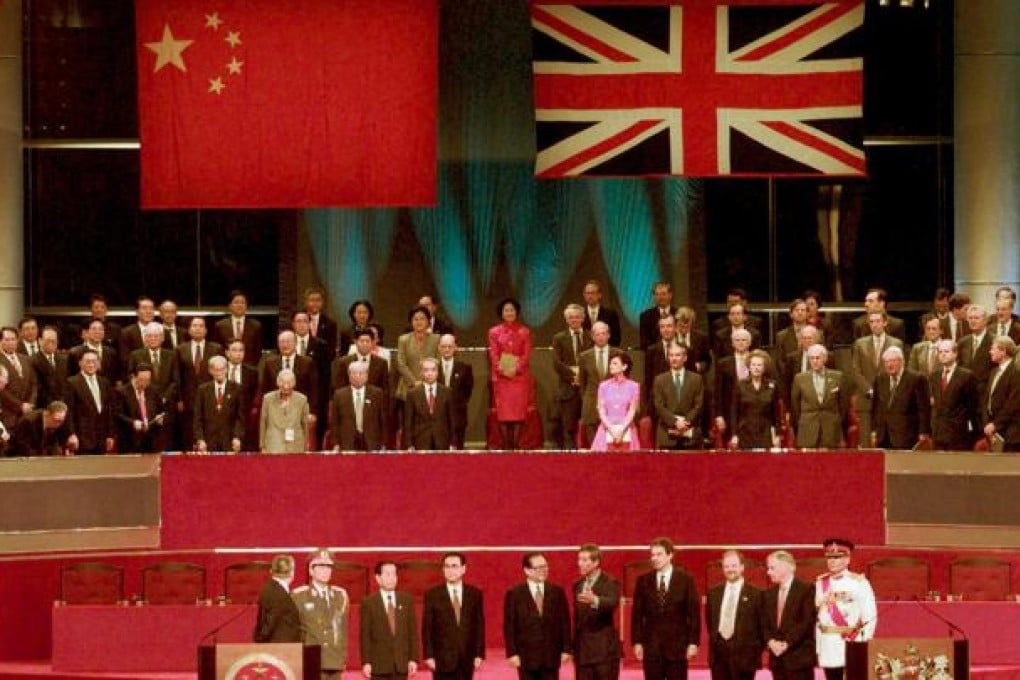
When China and Britain sealed the fate of post-handover Hong Kong 29 years ago, there was a solemn pledge that our way of life would be maintained for 50 years. The undertaking is enshrined in the Sino-British Joint Declaration and the Basic Law. During the initial years of reunification, the focus was on how well Beijing kept the promise. Our system and freedoms, by and large, have been preserved. As we move into the 16th year, people are understandably turning their attention to the longer term. Will the promise of the so-called "50 years unchanged" expire by 2047? What will happen afterwards?
It may be too early to speculate on what may happen 34 years on. But that does not stop the forward-looking from speaking up on the subject. Last November, former chief justice Andrew Li Kwok-nang said the future of one country, two systems would have to be discussed and settled well before the end of the 50-year period, probably as early as 2030. Although no one is advocating our independent judiciary should be tamed into an obedient branch backing the government, Li's remarks, which came amid concerns over judges' rulings and foreign nationalities, have raised political eyebrows.
The current chief justice appears more optimistic. In an interview with the , Geoffrey Ma Tao-li noted that the Basic Law does not say there must be a convergence of the local and mainland legal systems by 2047. He said our common law is a good system, and we have to show this is the case to Beijing and the people to ensure its survival.
It has been suggested that Deng Xiaoping made the reference to 50 years in the belief that the standard of living on the mainland would catch up with Hong Kong's by then. That remains to be seen, but some Chinese cities are certainly overtaking us in terms of growth and prosperity. The perceived deadline may still be too remote to generate substantive debate on the way forward at this stage, but the 2047 issue is bound to crop up again as we move forward.
